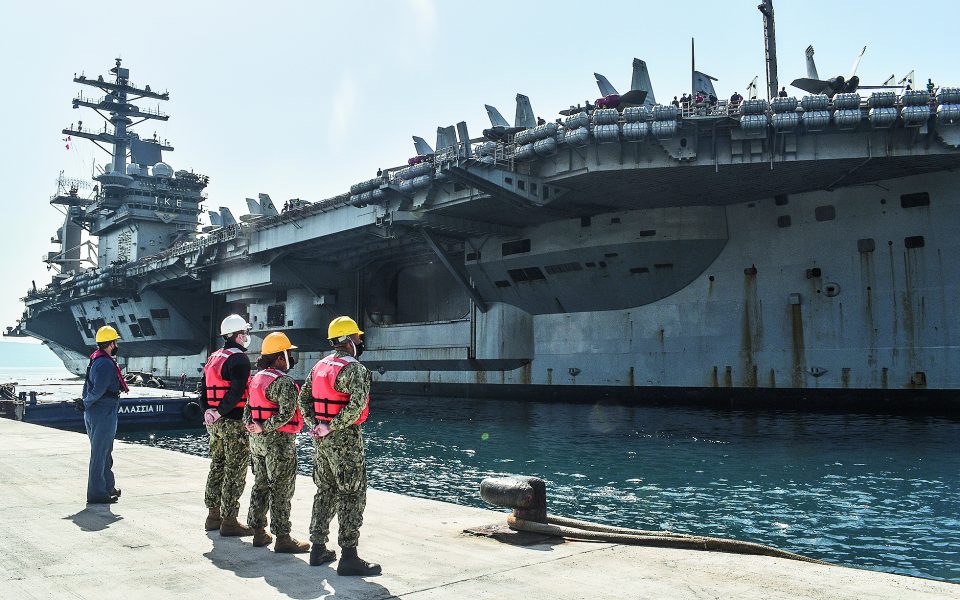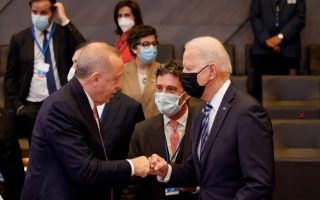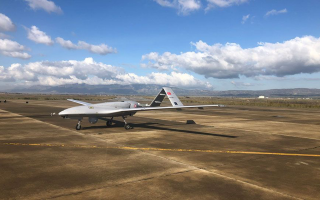Defense pact talks with US hit snag

Talks between Greece and the United States about the renewal of the Mutual Defense Cooperation Agreement (MDCA) between the new countries have hit a roadblock because of different approaches to technical and political issues, Greek officials say.
The differences are not so great as to risk sinking the agreement, but they could determine whether the new deal will be for five years or one, like almost all recent MDCA updates. In the latter case, differences will be set aside to be resolved in 2022.
There appear to be differences over the stationing of US forces in Greece and about the written guarantees Greece is asking for. While there is no precise information about what those guarantees would entail, it is known that Greece is offering more locations to US troops, including two mainland bases in the northeast, relatively close to the Turkish border, as well as on the island of Skyros, closer to the mainland of central Greece, which the US Armed Forces will be able to use on rotating or a fixed basis. The location is touted by Greece as one that would offer the US and NATO better surveillance capabilities from the Dardanelles Straits to the Eastern Mediterranean.
Based on the existing provisions of the MDCA, the American armed forces have, apart from Souda Bay naval base on Crete, a rotating presence in a number of other locations, such as Stefanovikeio, the port of Alexandroupoli and Larisa Air Base.
All the new locations offered by Greece mean one thing: that the US would be able to more closely monitor Turkey, a common NATO ally if a troublesome one for Greece. The US is likely not to want to be made part of the dispute or be seen to be doing Greece’s bidding despite the fact that relations with Turkey under the Joe Biden administration are far from ideal.
In any case, signing a one-year deal would not need any revisions to the existing treaty, but must be done before the current MDCA expires on November 6, most likely on November 14, when Foreign Minister Nikos Dendias visits Washington to talk with Secretary of State Antony Blinken. The Greek government would have liked the five-year agreement to be signed on that date, and Prime Minister Kyriakos Mitsotakis had clearly hinted that the longer agreement would be signed. As things stand, some substantive negotiations must take place first.





